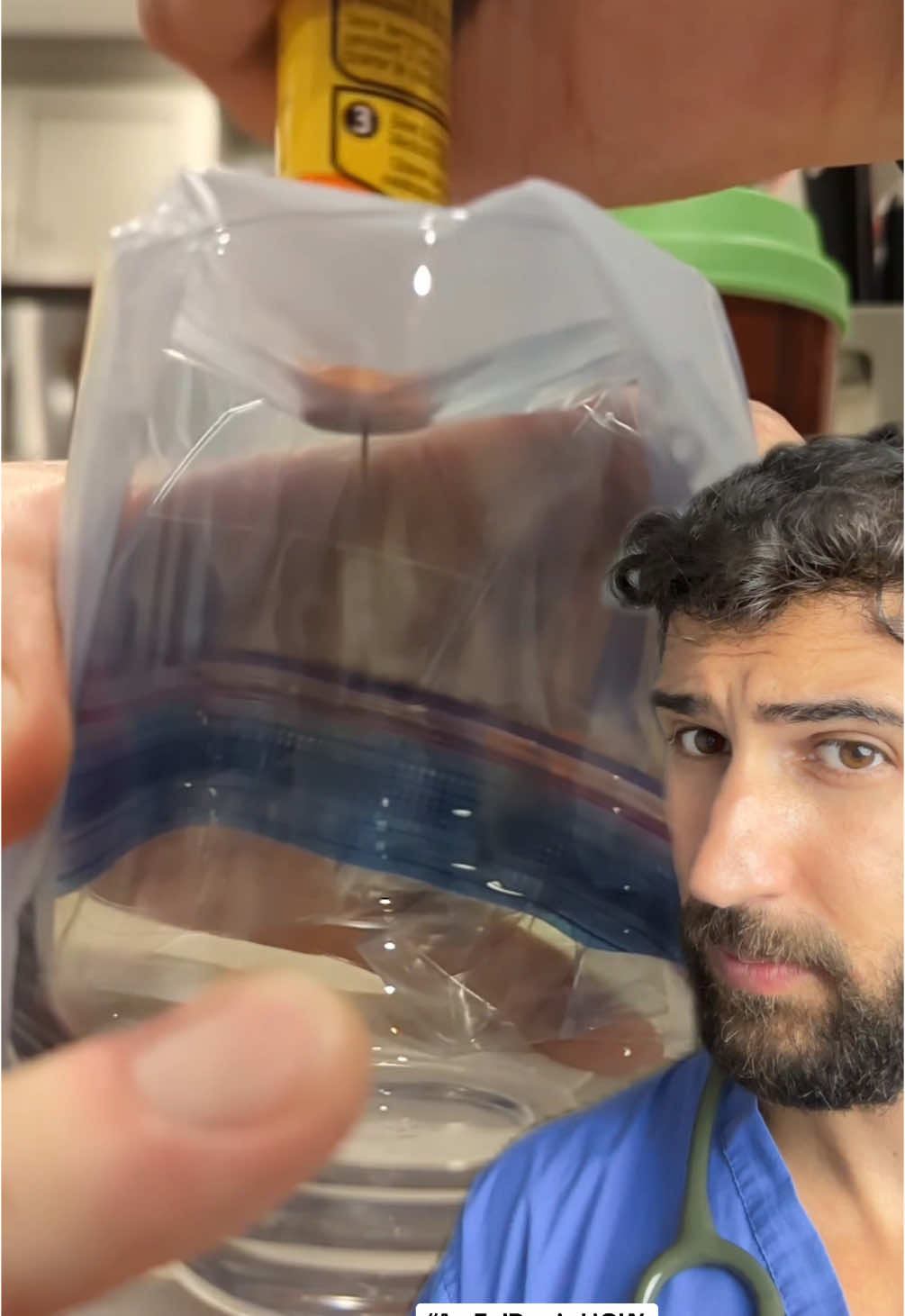leen<33
Region: PH
Thursday 11 November 2021 14:28:19 GMT
821
201
2
0
Music
Download
Comments
Dᵃⁿⁿⁱᵉˡ🤫 :
weннн вaĸa rυpoĸ lodѕ ѕυre na yan вaĸa pagnaĸaнarap мarυpoĸ na😂😂😂
2021-11-14 09:04:58
1
ivanchua127 :
notice lods pang myday lang 😅
2021-11-11 14:31:03
0
To see more videos from user @lengcute040, please go to the Tikwm
homepage.





